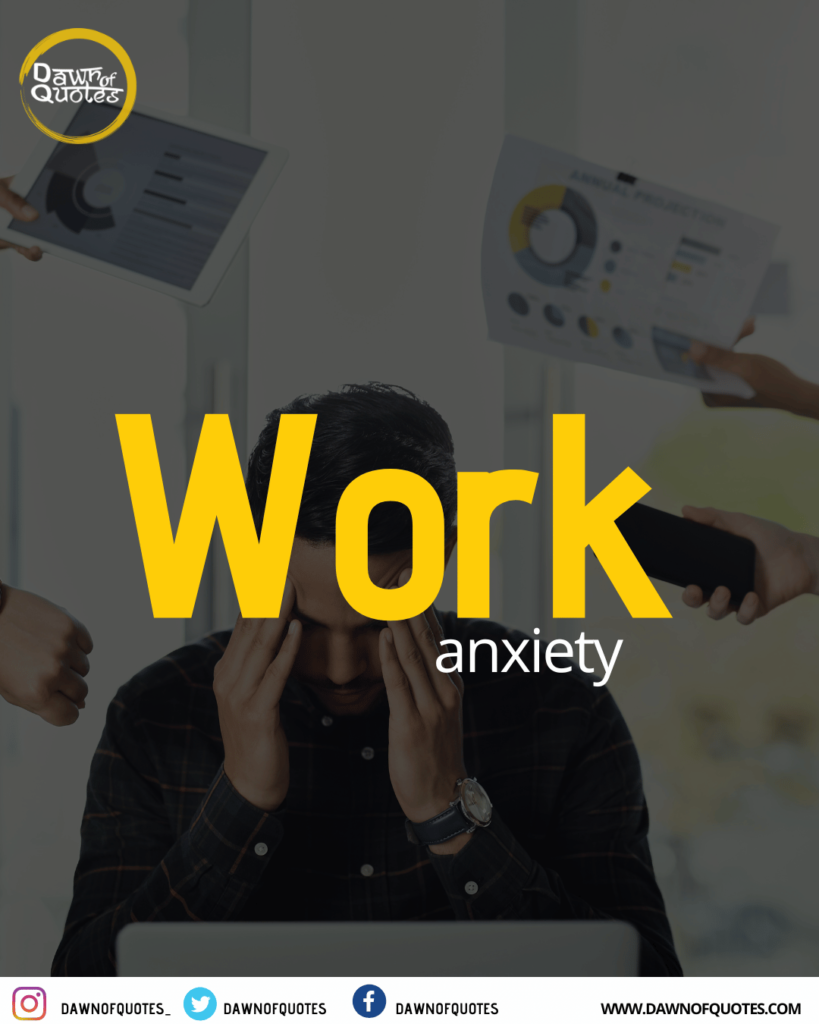
In today’s fast-paced world, it is common to experience anxiety, especially in the workplace. Work anxiety can stem from a variety of factors, including workload, deadlines, and interpersonal relationships. While a certain amount of stress can be motivating, chronic work anxiety can have negative effects on both physical and mental health. In this article, we will discuss what anxiety is, how it affects our body, health, and mentality, and provide three simple steps to help curb work anxiety.
What is anxiety?
Anxiety is a normal and often necessary response to stressful situations. It is the body’s natural reaction to stress, fear, or uncertainty. However, when anxiety becomes chronic or excessive, it can have negative impacts on both physical and mental health. Symptoms of anxiety can include restlessness, difficulty concentrating, irritability, muscle tension, and sleep disturbances.
How anxiety affects our body, health, and mentality:
When we experience anxiety, our body responds with a “fight or flight” response. This response triggers the release of stress hormones, including adrenaline and cortisol, which prepare the body to respond to a perceived threat. While this response can be useful in short-term situations, chronic anxiety can lead to an overproduction of stress hormones, which can cause a range of negative effects on our body, health, and mentality. Chronic anxiety has been linked to a range of health problems, including cardiovascular disease, gastrointestinal disorders, and weakened immune system function. It can also contribute to mental health problems such as depression and substance abuse.
Steps to curb work anxiety:
- Prioritize and plan: To alleviate work anxiety, take a few minutes at the start of each day to prioritize your tasks and create a plan for how you will accomplish them. Break down larger tasks into smaller, more manageable ones, and make a realistic timeline for completing them.
- Take breaks and practice self-care: It’s important to take breaks throughout the day to give yourself time to recharge. Use your breaks to engage in activities that help you relax, such as going for a walk, practicing deep breathing, or listening to music. Additionally, practicing self-care outside of work can help reduce overall stress levels, such as exercising, meditating, or spending time with loved ones.
- Communicate with your colleagues and/or manager: If work anxiety is becoming overwhelming, it can be helpful to communicate with your colleagues and/or manager about how you are feeling. This can include expressing concerns about workload, requesting support or additional resources, or discussing potential changes to improve work conditions. By opening up about your concerns, you may be able to work together to find solutions that reduce your anxiety.


